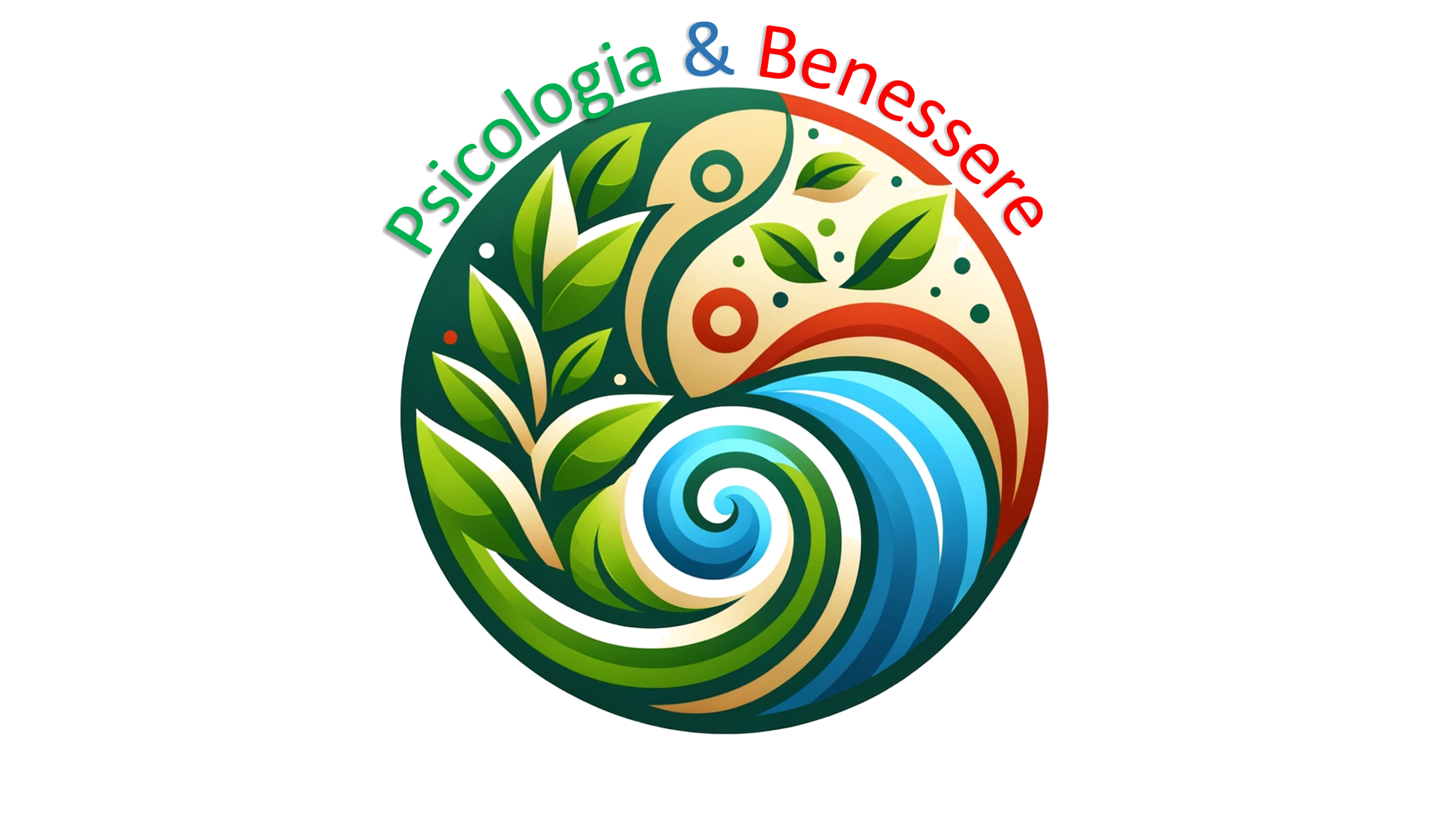In an increasingly hectic and chaotic society, stress has become a constant for many people. Every day, we are confronted with an infinite number of pressures related to work, relationships, school, and even social commitments that are often intertwined in a superficial way, with a focus on image rather than well-being. This incessant routine, especially in big cities, can create great emotional and physical discomfort, generating a feeling of overload.
Busy life and modern stress
Stress is a natural reaction of the body to situations perceived as threatening or challenging. When we are faced with a challenge, our sympathetic nervous system activates the so-called ‘fight or flight’ response, which causes an increase in heart rate, quickening of breathing and an increase in adrenalin levels. This response was useful in ancient times for survival, but in the modern world, it is often triggered by situations that do not require an actual physical threat.
Many individuals today live in a state of chronic activation due to the constant bombardment of external stimuli: emails to reply to, messages on social media, work and school deadlines, superficial social relationships that demand attention, and so on. This state of hyperactivity can lead to chronic stress symptoms that include anxiety, muscle tension, insomnia, headaches and difficulty concentrating.
Moreover, in cities, social relationships are often based on image dynamics and superficiality, leaving little room for authentic and fulfilling relationships. This creates a sense of isolation and alienation that, paradoxically, contributes to increasing stress rather than relieving it.
Relaxation techniques for stress management
Fortunately, there are numerous techniques that can help manage stress and restore a state of calm and well-being. These techniques are particularly useful for counteracting the negative effects of a hectic and chaotic life, providing practical tools for dealing with everyday life in a more peaceful manner.
1. Autogenic Training
Autogenic Training is a relaxation technique invented by German psychiatrist Johannes Heinrich Schultz. It is based on mental concentration on specific physical sensations, such as heaviness and warmth, with the aim of inducing a state of deep relaxation. Through a series of exercises, the body and mind learn to ‘disconnect’ from stress, promoting deep relaxation.
This technique is particularly useful for those living under constant pressure, as it helps to relax muscles, regulate breathing and decrease levels of the stress hormone cortisol. It can be practised anywhere and at any time, making it ideal for people with busy lives.
2. Progressive Muscle Relaxation
Progressive Muscle Relaxation, developed by Edmund Jacobson in the 1930s, is a technique that aims to reduce stress through the sequential contraction and relaxation of various muscle groups in the body. The idea is that by learning to recognise and reduce muscle tension, one can positively influence one's mental state, thus lowering stress levels.
People who live hectic lives often do not realise how constantly tense their bodies are. Progressive muscle relaxation helps to break this cycle, creating greater awareness of one's physical state and promoting a feeling of calm.
3. Guided Visualisation
Guided visualisation is a technique that uses the power of the imagination to reduce stress. During a session, the therapist or the individual themselves create mental images of places or situations that induce a sense of peace and serenity, such as a quiet beach or a relaxing forest.
This technique helps to take the mind off everyday worries, bringing it into a state of deep relaxation. It is particularly useful for those who feel constantly overburdened by their hectic lives, as it allows them to create a mental space of tranquillity and reflection, away from the chaos of everyday reality.
4. Self-hypnosis
Self-hypnosis is a practice that allows the individual to enter a trance state through autosuggestion. In this state, the mind is particularly receptive to positive suggestions, such as relaxation and calmness. Self-hypnosis can be an effective way to manage stress, as it allows one to reach a state of deep relaxation and reduce mental and physical tension.
In a society where stress is an integral part of life, self-hypnosis offers an autonomous and accessible tool to combat stress symptoms and improve general well-being. It can be learnt through guides or with the help of a therapist specialised in hypnosis, and once mastered, can be used anywhere, anytime.
The importance of stress management in modern life
The inability to manage stress can have devastating consequences on physical and mental health. People who cannot find a balance between work, relationships and personal life risk developing chronic illnesses such as high blood pressure, heart disease and psychological disorders such as anxiety and depression.
Relaxation techniques such as Autogenic Training, Progressive Muscle Relaxation, Guided Visualisation and Self-Hypnosis are effective and practical solutions for anyone who wants to take control of their well-being. They offer tools to reduce tension, improve concentration and promote a sense of calm and serenity, indispensable in a society where stress seems to be unstoppable.
Conclusion
Stress is an inevitable part of modern life, but it does not have to be dominant. Through the use of relaxation techniques and increased awareness of one's emotions and body, it is possible to learn how to manage stress effectively. Whether it is Autogenic Training, Progressive Muscle Relaxation, Guided Visualisation or Self-Hypnosis, there are many tools available for dealing with stress and living a more balanced and satisfying life.
The goal is to regain a state of well-being that can balance the demands of a hectic life with the need to take care of oneself and one's mental well-being.
If the stress of a hectic life is taking its toll on your mental and physical health, it is time to take a step back and regain your balance. Relaxation techniques such as Autogenic Training and Self-Hypnosis can help you better manage daily pressures and live with greater peace of mind. Book a consultation with Psychology & Well-being to learn practical tools that will help you reduce stress and improve your general well-being.


Comments